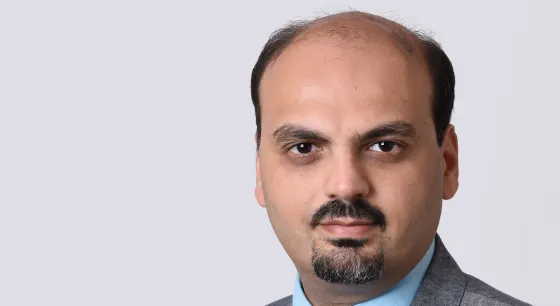CPAS seminar: Aalok Khandekar
Learn how the 6+ City Study has developed, and what we have learned so far, focusing in particular on emerging understandings of air pollution governance in India.
Event series
Content navigation
RegisterDescription

Air Pollution Governance in 6+ Cities
Abstract
The Air Pollution Governance Across Cities Study (known as the 6+ Cities Study) works to characterize comparative insight and cross-city dialogue in identifying air pollution as the world’s single largest environmental health risk.
The 6+ Cities Study aims to characterize distinctive styles of environmental health and risk governance, at the city scale. Through interviews, observation of public events, and analysis of media, government, NGO and scientific reports, the study team is examining different stakeholder roles and perspectives, links between policy domains (especially environment, transportation, health, and education), and links across scale (urban, state, national, and international). Originally, there were six cities in the study, with research groups in each city (Beijing, Bangalore, Houston, Philadelphia, New York City, and Albany, funded by the US National Science Foundation). The study has now expanded to include four more Indian cities (Delhi, Hyderabad, Chennai and Pune, funded by the Azim Premji Foundation), and Los Angeles. Methodologically, the study models and advances capacity for multi-sited, internationally collaborative anthropological field research on education-to-science-to-policy pathways, which can be used to address a wide range of complex societal problems.
In this presentation, I will describe how the 6+ City Study has developed, and what we have learned so far, focusing in particular on emerging understandings of air pollution governance in India.
Speaker
Aalok Khandekar is Assistant Professor of Anthropology/ Sociology at Indian Institute of Technology Hyderabad (IITH, India). Khandekar has an interdisciplinary background, with under/graduate degrees in engineering and a doctoral degree in Science and Technology Studies (RPI, U.S.A.). His scholarly interests also span across these very different fields: across projects, he has worked to understand and facilitate collaboration across disciplinary and national borders. His research and teaching has focused on a diverse range of topics, including transboundary flows of technical experts, engineering cultures, environmental health, urban studies, and civic data infrastructures. In his current research, Khandekar examines different science-policy pathways and “styles of (environmental health) governance,” focusing especially on air pollution. Increasingly, he has also come to understand that responding to such complex phenomenon necessarily entails building robust scholarly infrastructure that can enable distributed and collaborative research.
Khandekar currently serves as the Managing Editor for STS Across Borders and as Associate Editor of Engineering Studies.
Location
CPAS Green Couch Room
Peter Baume Building 42A
Australian National University
Canberra, Australian Capital Territory 2601
